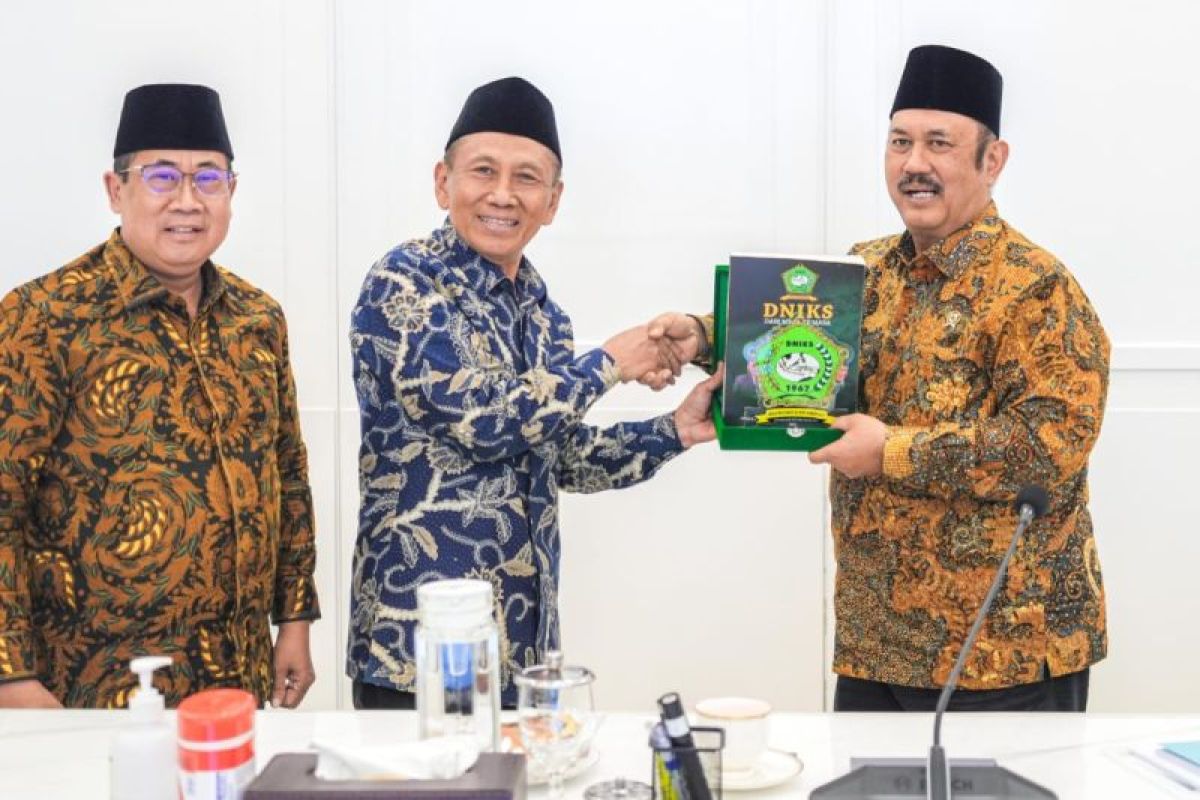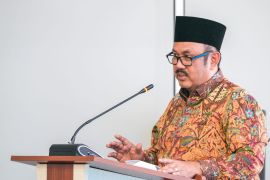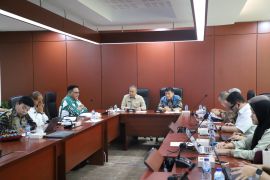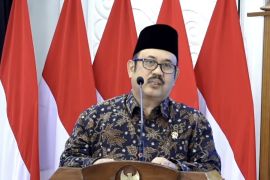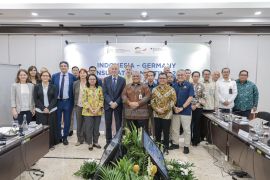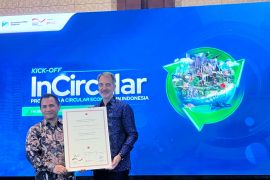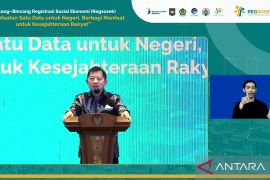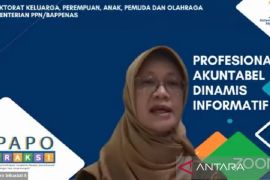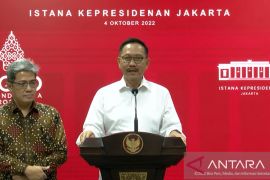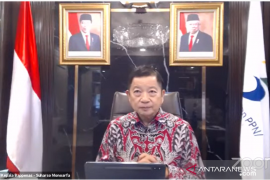DTSEN is a comprehensive database of real and detailed by-name, by-address data, which captures people’s individual social and economic conditions.
“With accurate and up-to-date demographic data, we have a solid foundation for development planning that targets the most vulnerable communities,” he said during a meeting with chair of the Indonesian National Council for Social Welfare (DNIKS), Effendy Choirie, according to an official statement released in Jakarta on Tuesday.
Rachmat stressed the urgent need for improving the data system, calling it a key factor in addressing major development challenges.
He noted that a reliable database is essential for strengthening community empowerment, accelerating poverty reduction, and improving social welfare.
This includes fulfilling basic needs such as food, healthcare, education, and access to clean water.
He emphasized the crucial role DNIKS and other social organizations play as government partners in implementing social policies to enhance public welfare.
He also lauded DNIKS’ commitment to strengthening social welfare and encouraged civil society organizations to continue to expand their outreach to vulnerable groups.
Collaboration between the government and the public is seen as a vital part of achieving social justice and more equitable national development.
The minister also called for continued focus and synergy in collective thinking, so that all available resources and potential can be directed in a coordinated and measurable way toward development goals.
“This meeting reflects the government’s commitment to promoting cross-sector collaboration, including with civil society and philanthropic organizations, to strengthen the implementation of national development priorities outlined in the 2025–2029 RPJMN (National Medium-Term Development Plan), particularly in the area of social development,” he said.
Maliki, deputy for community empowerment, population, and employment at the Ministry of National Development Planning, also emphasized the importance of DNIKS’ collaboration on the ground, especially in updating socioeconomic data and optimizing non-state budget sources, such as corporate social responsibility (CSR) and other philanthropic contributions.
“This step is crucial to ensure that programs are well-targeted and do not overlap,” he added.
Related news: Need accurate data for precise stunting handling: govt
Related news: Indonesia ensures health insurance for 96.8 million people
Related news: Social aid not a tool for politicking: deputy minister
Translator: Primayanti
Editor: Azis Kurmala
Copyright © ANTARA 2025
